The political landscape in Nagaland is abuzz with discussions, promises, and allegiances as the upcoming elections draw near. Among the contenders vying for the people’s mandate, the Congress party unexpectedly has strategically positioned itself, appealing to the voters through a blend of insightful analysis, promises, and a commitment to preserving Nagaland’s identity and interests. The Nationalist Democratic Progressive Party (NDPP) has positioned itself as a strong advocate for regional representation and the unique interests of the state. As the elections approach, their appeal to the people of Nagaland finds relevance with several key points.
Congress’ Appeal
At the core of Congress’ appeal lies a keen understanding of the difference between Lok Sabha representation and State Assembly representation. They emphasize that the lone Lok Sabha seat is not just a number but a crucial platform to amplify Nagaland’s voice on the national stage. The party asserts that the best candidate should transcend party lines and effectively represent the state, ensuring that the diverse voices of Nagaland find relevance in national policies.
Highlighting the unity in diversity within Nagaland’s political landscape, Supongmeren Jamir, the Congress candidate emphasizes that the current 60 Members of the Legislative Assembly (MLAs), representing various parties, were elected by the same voters who will choose their Member of Parliament. This appeal aims to unify voters under the banner of selecting the right candidate who can authentically represent Nagaland’s interests and concerns.
A significant aspect of Congress’s appeal is its critique of the present People’s Democratic Alliance (PDA) government, formed by the BJP-NDPP alliance. They argue that such alliances can limit the state’s autonomy in speaking out against policies that may not align with Nagaland’s aspirations. Congress reasserts itself as a party that understands Nagaland’s history and pledges to never go against the wishes of its people.
Moving beyond mere rhetoric, Congress makes substantial promises that resonate with Nagaland’s populace. They vow to resolve the longstanding Naga political issue and address the Eastern Nagaland issue as well. Their commitment to preserving Nagaland’s culture and traditions is evident in their stand against policies of the BJP-RSS that could impact the state’s religious and cultural fabric. Specifically, Congress opposes the Uniform Civil Code (UCC), citing its potential to adversely affect Nagaland’s diverse tribal culture. They vehemently oppose the Citizenship Amendment Act (CAA), arguing that the existing Inner Line Permit is insufficient in preventing the influx of immigrants that could threaten the indigenous population’s majority status.
Secularism, a foundational principle of India’s democracy, is another pillar of Congress’ appeal. They assert that secularism is under threat under the present BJP government and pledge to uphold it steadfastly, especially in the case of Nagaland being a Christian-majority state. Finally, Congress raises concerns about Article 371-A which protects the rights and culture of Nagas, cautioning against its potential removal akin to Article 370 in Kashmir. They argue that such actions could impede Nagaland’s autonomy and access to resources, citing the need to protect the state’s interests.
NDPP’s appeal
The Nationalist Democratic Progressive Party (NDPP) emphasizes the belief that a regional party is best suited to understand and represent the people and the state’s distinct identity. This focus on regional issues and concerns forms the foundation of their appeal to voters. A crucial aspect of the NDPP’s appeal is their distinction from the BJP, emphasizing that they are a candidate of the NDPP and not the BJP. This differentiation is aimed at assuring voters of their independent stance and priorities. In response to criticism about being in alliance with the BJP, NDPP presents a strategic perspective. Dr. Chumben Murry, the PDA candidate, argues that being inside the alliance provides a platform to effectively communicate and address Nagaland’s problems at the central level, leveraging the advantage of being aligned with the ruling three parties. NDPP asserts that they are not a mere mouthpiece for the BJP and will maintain their stand based on local issues. This assertion of independence emphasizes their commitment to representing Nagaland’s interests authentically.
NDPP makes it clear that the UCC does not apply to Nagaland, signaling their intent to protect the state’s unique cultural and legal framework. Lastly, a significant part of NDPP’s appeal lies in their promises to address long-standing issues such as the Naga political issue and the ENPO issue. These promises resonate with voters who seek solutions to critical regional challenges.
In essence, both parties appeal to Nagaland’s voters with promises of resolving key issues, protecting cultural and regional interests, and ensuring effective representation. The choice between them rests on voters’ assessment of their track record, commitment to local issues, and alignment with Nagaland’s aspirations for the future. As voters weigh their options, these appeals will play a significant role in shaping Nagaland’s political landscape.
Meet Our Guest Author
Bomito Kinimi
Research Intern,
NLC, Bharat.
The views and opinions expressed in this article are those of the author and do
not necessarily reflect the views or positions of Vidhanbharat.
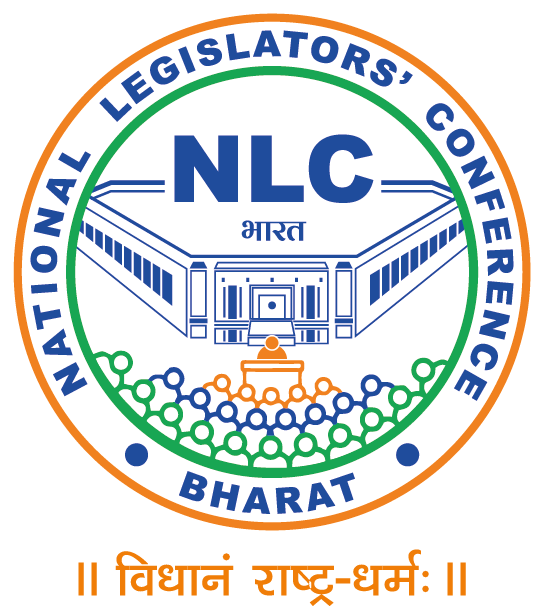
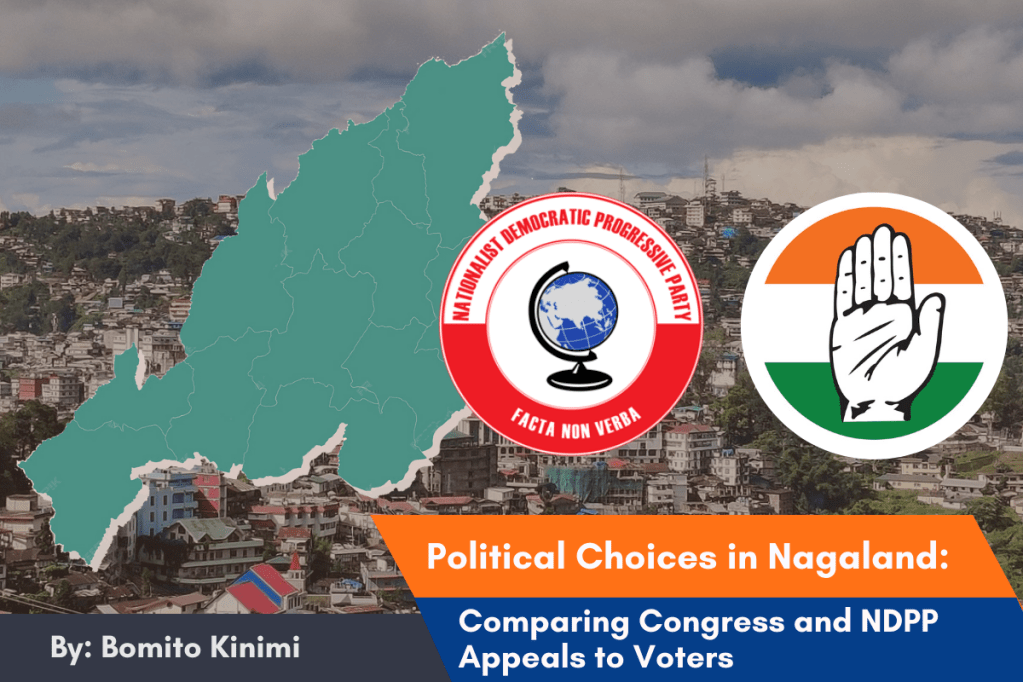
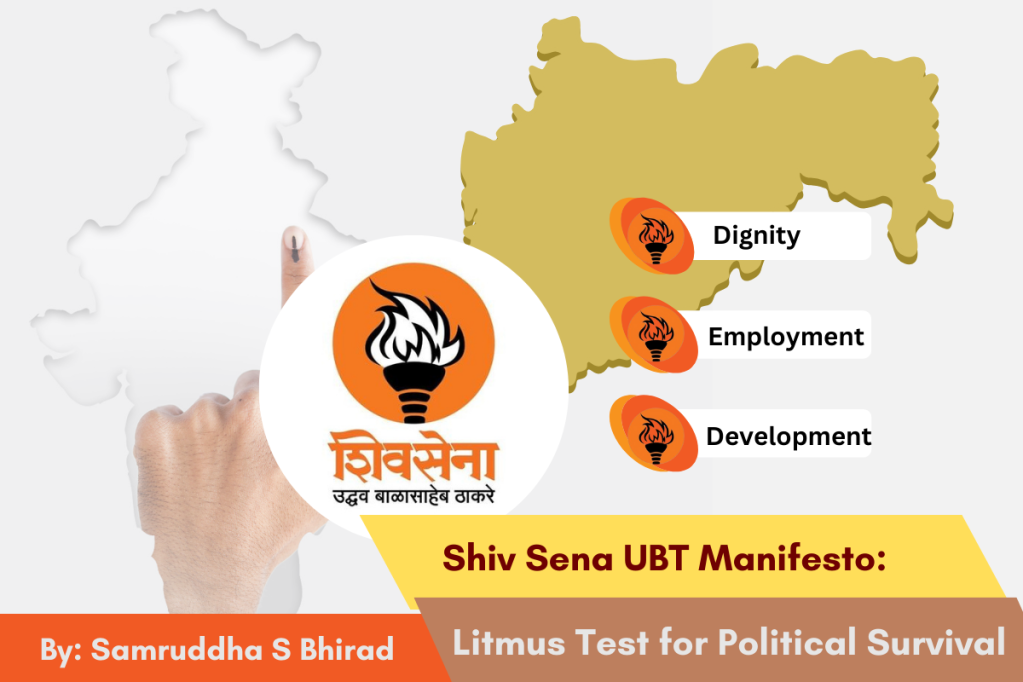
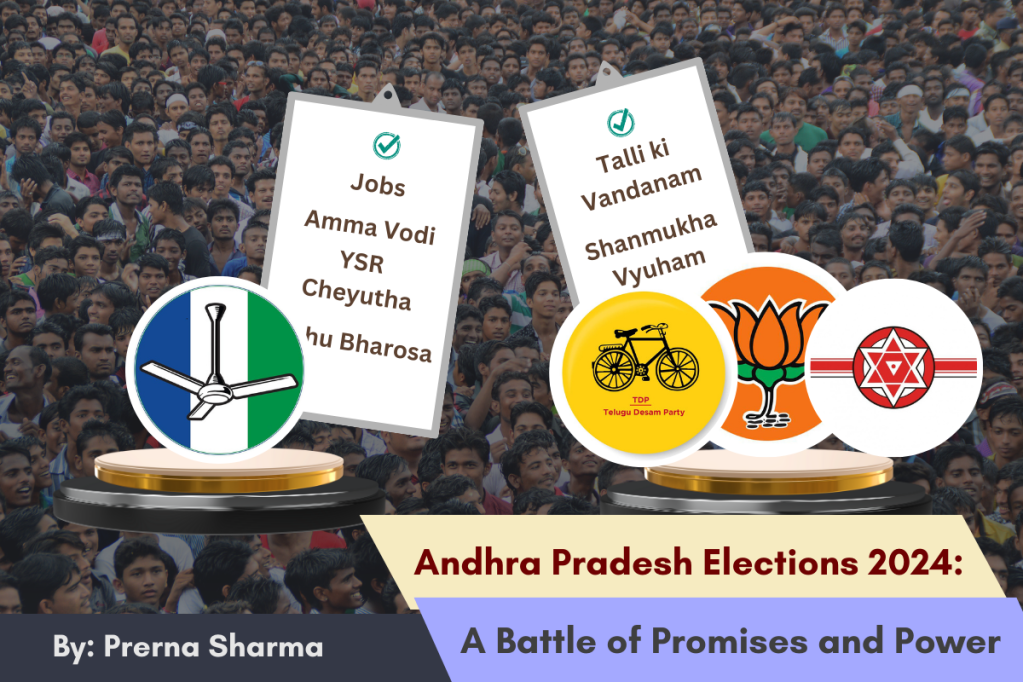
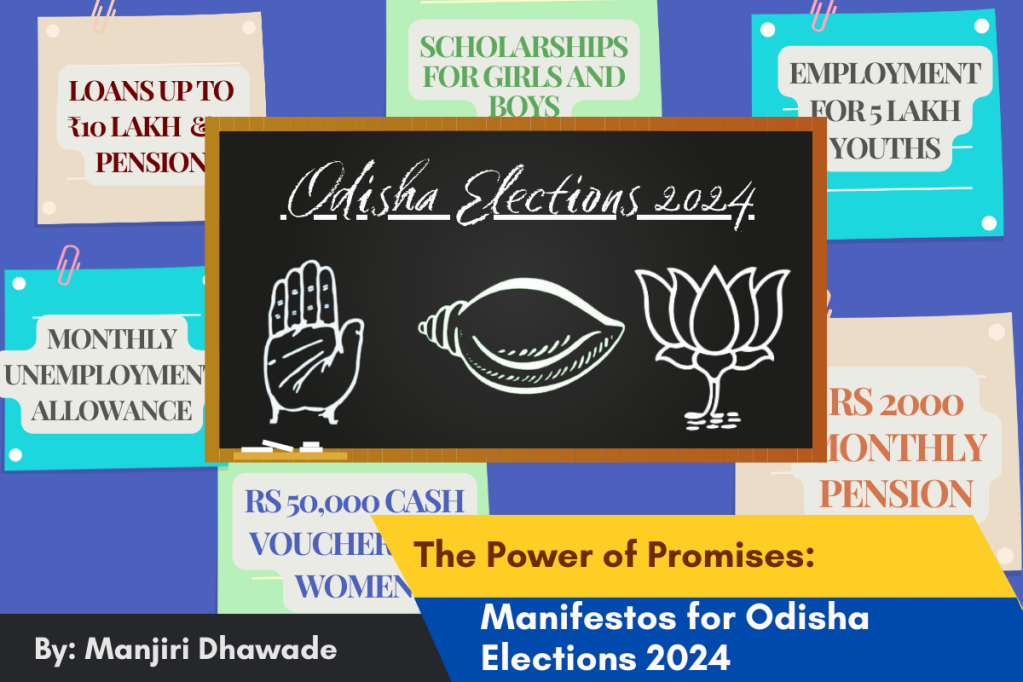
![Lok Sabha Elections: Phase III [Voter Turnout Review]](https://vidhanbharat.com/wp-content/uploads/2024/05/loksabha-elections-2024-3.png?w=1024)
Leave a comment